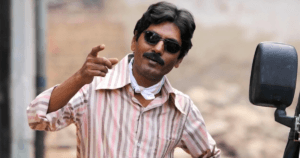Barring a few exceptional stories, the cinema of today, especially the coveted ₹100 crore club, hasn’t moved on with time. Rather, it seems to have regressed to a time where content stands for loud action, remixed songs, and crude jokes.
In fact, we’d be hard-pressed to find more than a handful of movies from the last few decades, that were even close to the kind of content these films showcased:
1. Kamla Ki Maut (1989)
Directed by Basu Chatterjee, Kamla Ki Maut dealt with the taboos surrounding sex in India, and how women bear the brunt of it. Starring some of Bollywood’s finest actors, like Supriya Pathak, Pankaj Kapoor, Roopa Ganguly, Irrfan Khan, etc., Kamla Ki Maut takes an honest and relatable look at sexual desires and society’s conservative view of it.
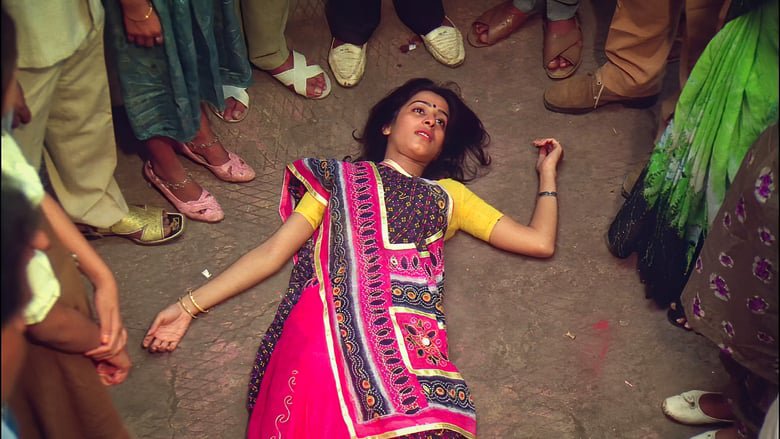
2. Ijaazat (1987)
Based on Subodh Ghosh’s Bengali story, Jatugriha, Gulzar’s Ijaazat took on an over-abused topic like love and gave it a fresh treatment, brimming with sensitivity. A nuanced take on love, heartbreak, marriage, and divorce, the film was akin to Gulzar’s lyrics, relatable, yet poetic and profound. Bollywood may have replaced flowers with people, but there is yet to be a film that comes close to talking about love the way Ijaazat did.
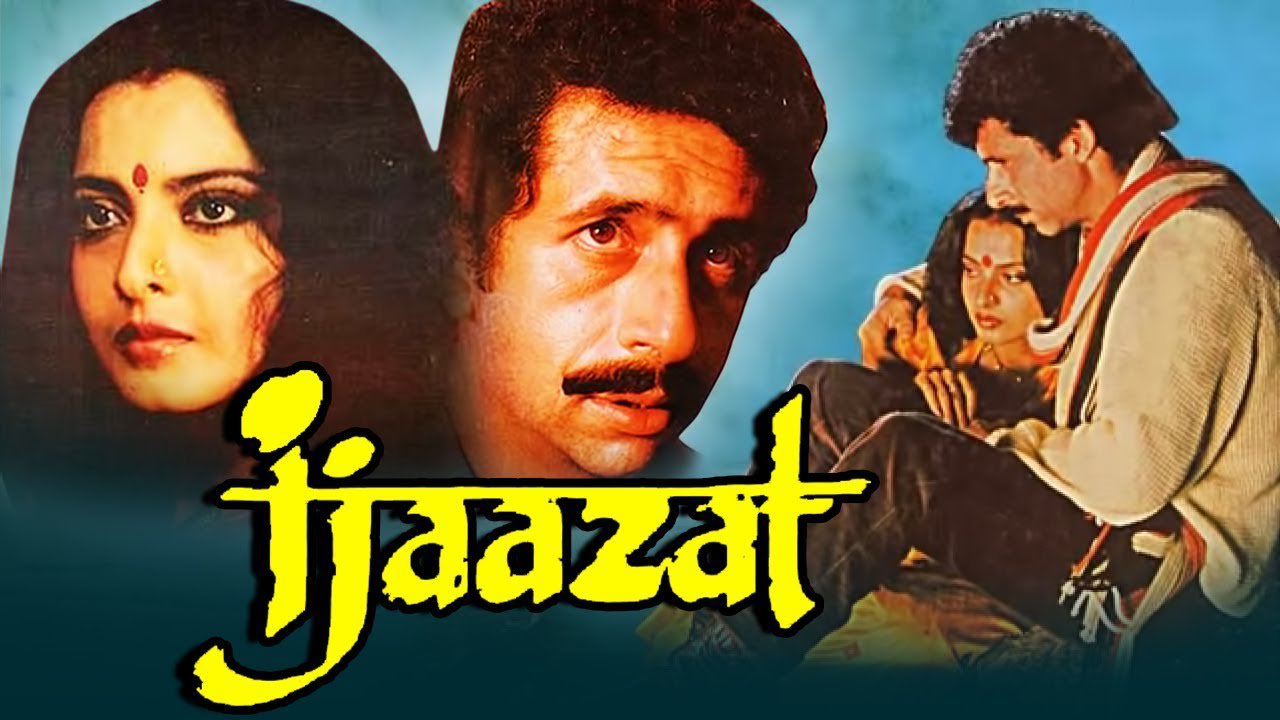
3. Sparsh (1980)
In her debut feature film, Padma Bhusan awardee Sai Paranjpye took on the emotional barriers that people with physical disabilities face. A National Film Award winner, Sparsh took on the struggles that we often ignore when talking about the differently-abled community, because we focus only on the physical challenges, and not on emotional or mental. Years later, the 2014 drama Margarita With A Straw attempted to do the same.
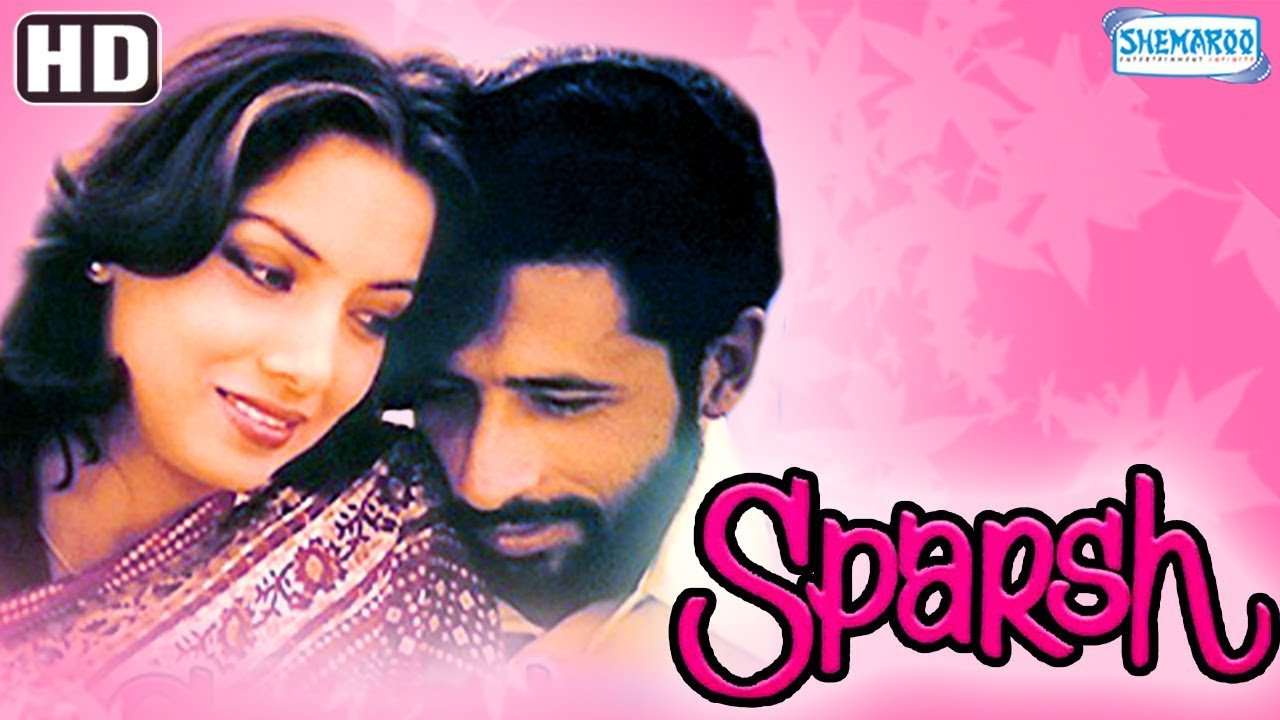
4. Ankur (1974)
Shyam Benegal’s feature film took on social evils of child marriage, caste, and class difference, and did not shy away from exposing the myriad ways in which the people from marginalized communities are oppressed. A hard-hitting drama, the sad reality is how the situations shown in Ankur, such as lynching, sexual exploitation, etc. are prevalent even today – but cinema is no longer holding a mirror to expose these injustices.
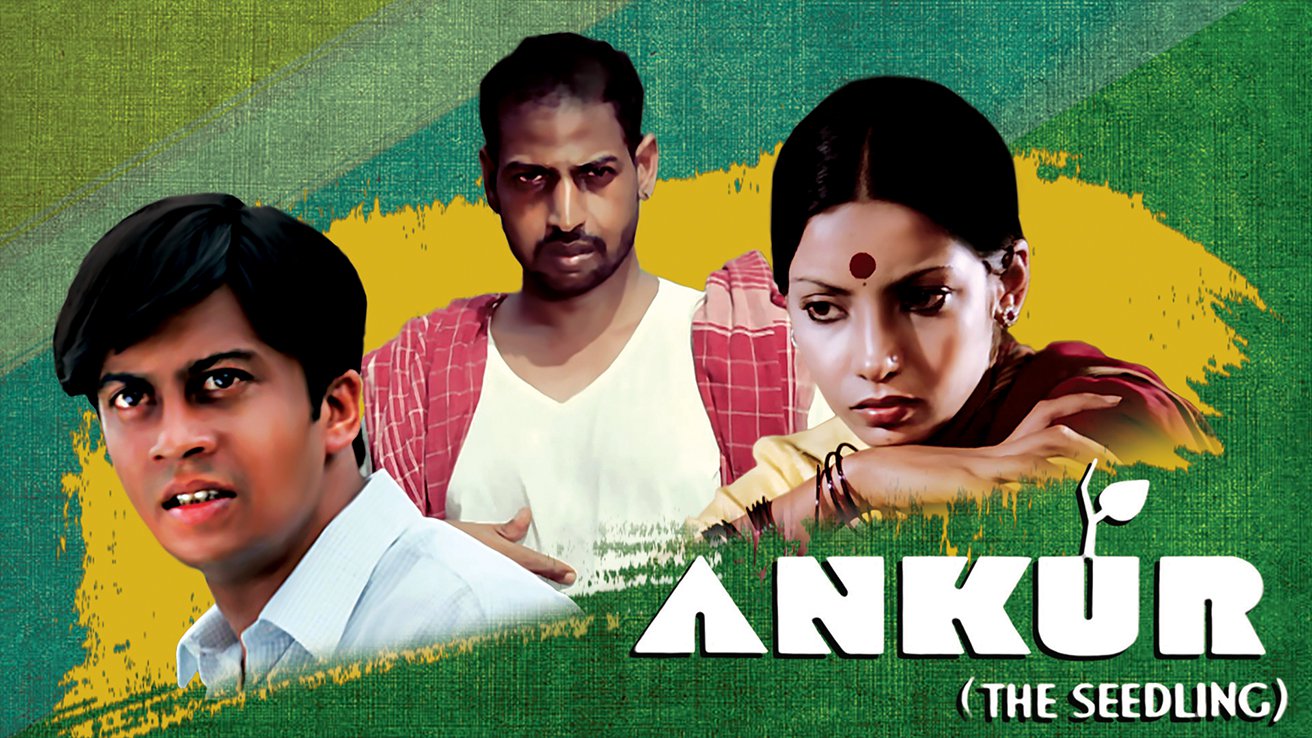
5. Sujata (1959)
Though Achhut Kannya (1936) is considered as one of the earliest films to deal with casteism in India, it was Bimal Roy’s Sujata, that provided a more in-depth exploration of the topic. It tells the story of an ‘upper-caste’ family that adopts an orphan from a ‘lower-caste’, but fails to treat her as one of their own. It showed the deep-rooted prejudice that exists in people’s minds, ably supported by an unjust society, that blinds them to a person’s virtues, despite knowing better.
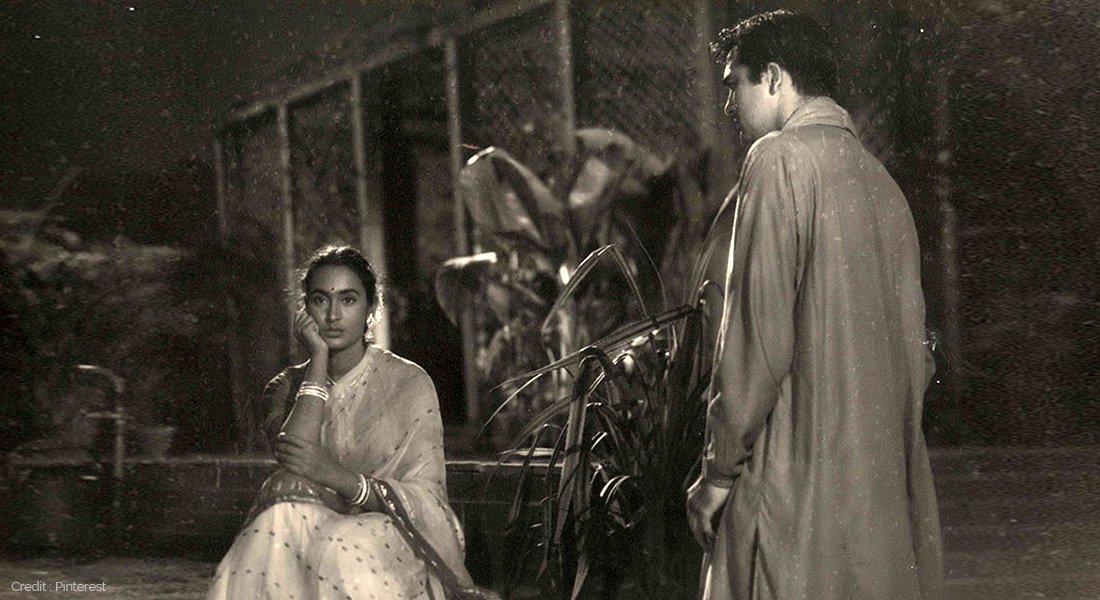
6. Sharada (1957)
There is perhaps no other film on the list that takes on a subject as bold, and complex, as Sharada that deals with the love affair between a son and his stepmother. Directed by L.V. Prasad, the film starred Raj Kapoor and Meena Kumari. It showed the story of Chiranjeev, who gets in an accident and can’t return to his lover, Sharada. He ultimately returns, only to discover that Sharada had to marry a rich man (due to her circumstances), who just happens to be his father.
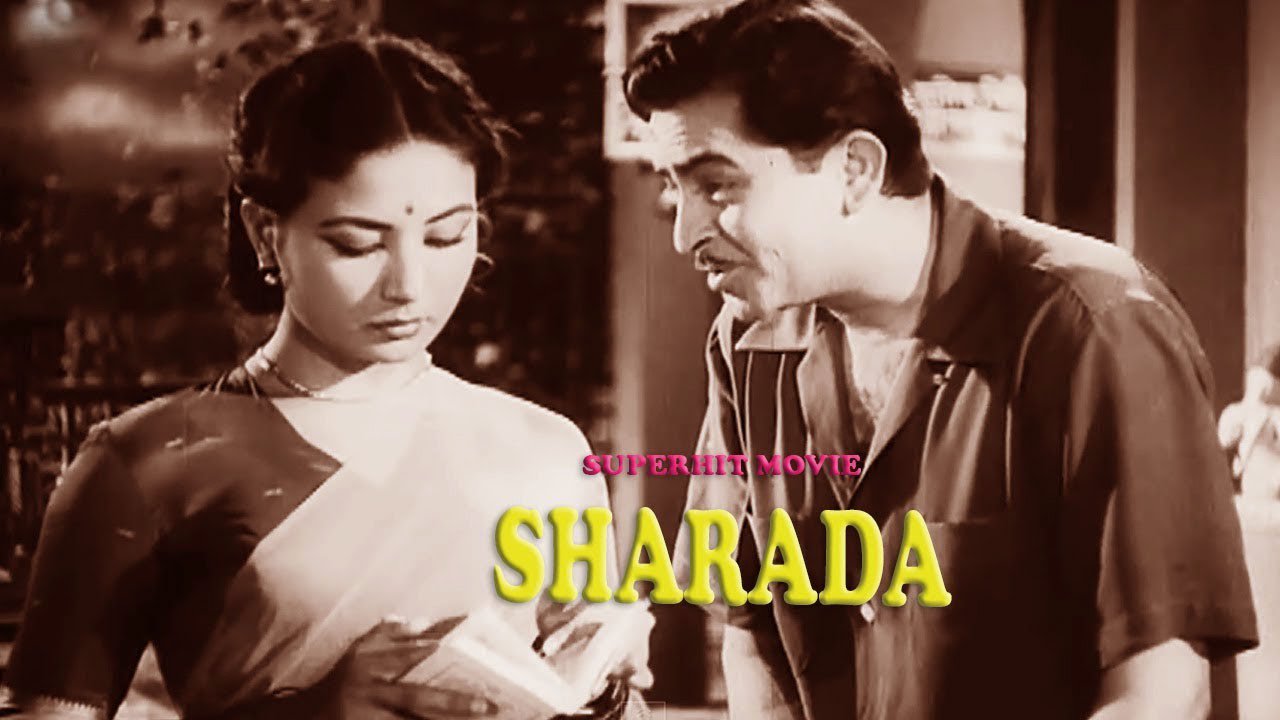
7. Bandini (1963)
Another classic by Bimal Roy starring Nutan (whose performance in the film was considered her career’s best), Bandini may not immediately strike as progressive. But, if you look at the film’s theme closely, it’s one of the first, and over the years, one of the few films to have awarded a woman agency of her own life. It was also one of the first Hindi language films with a female protagonist.
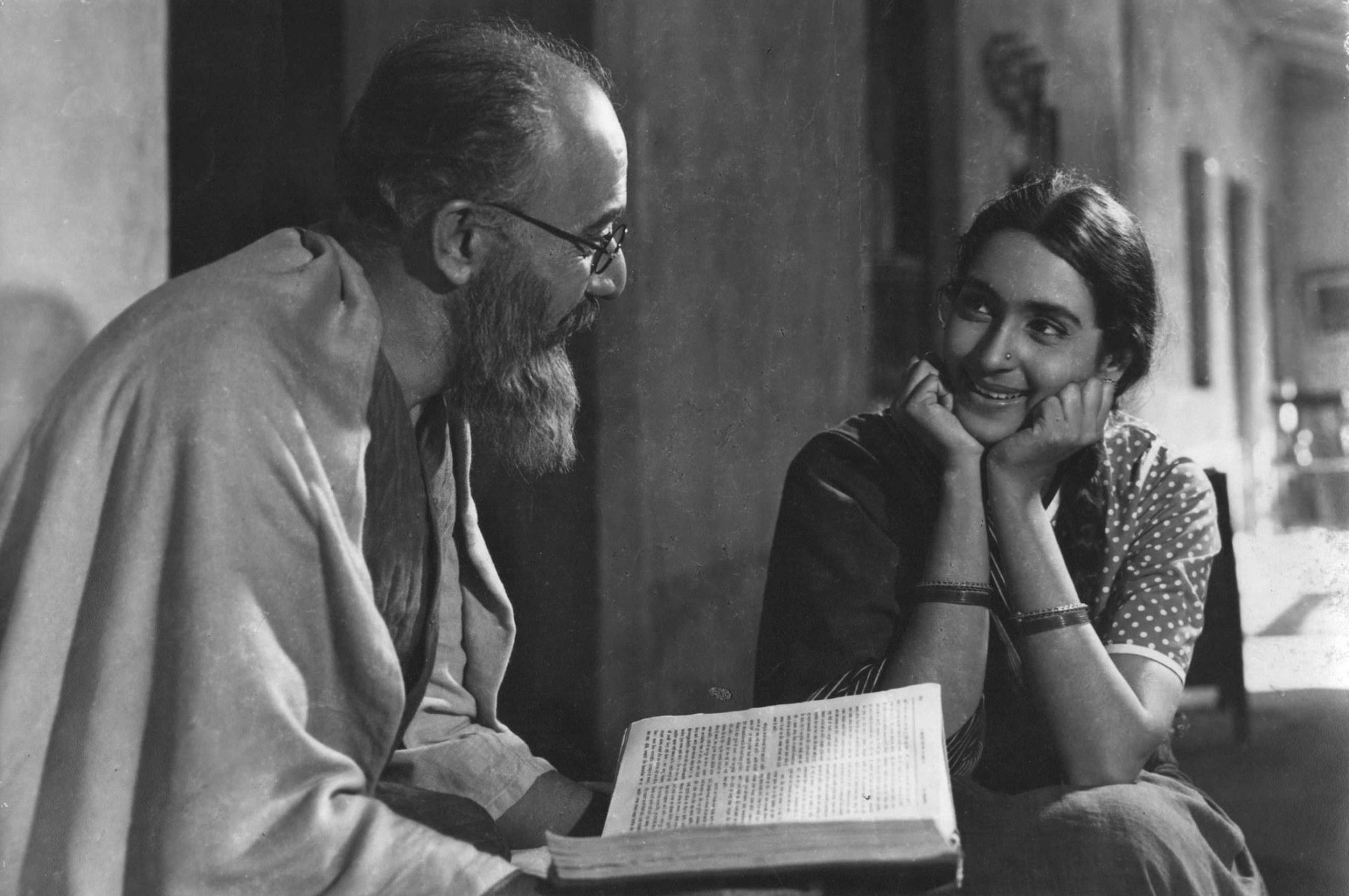
8. Arth (1982)
Starring Shabana Azmi, Kulbhushan Kharbanda, and Smita Patil, Mahesh Bhatt’s Arth may appear to take on infidelity. But it is actually a beautiful ode to the changing face of relationships, and a woman’s ability to take charge of her own life.
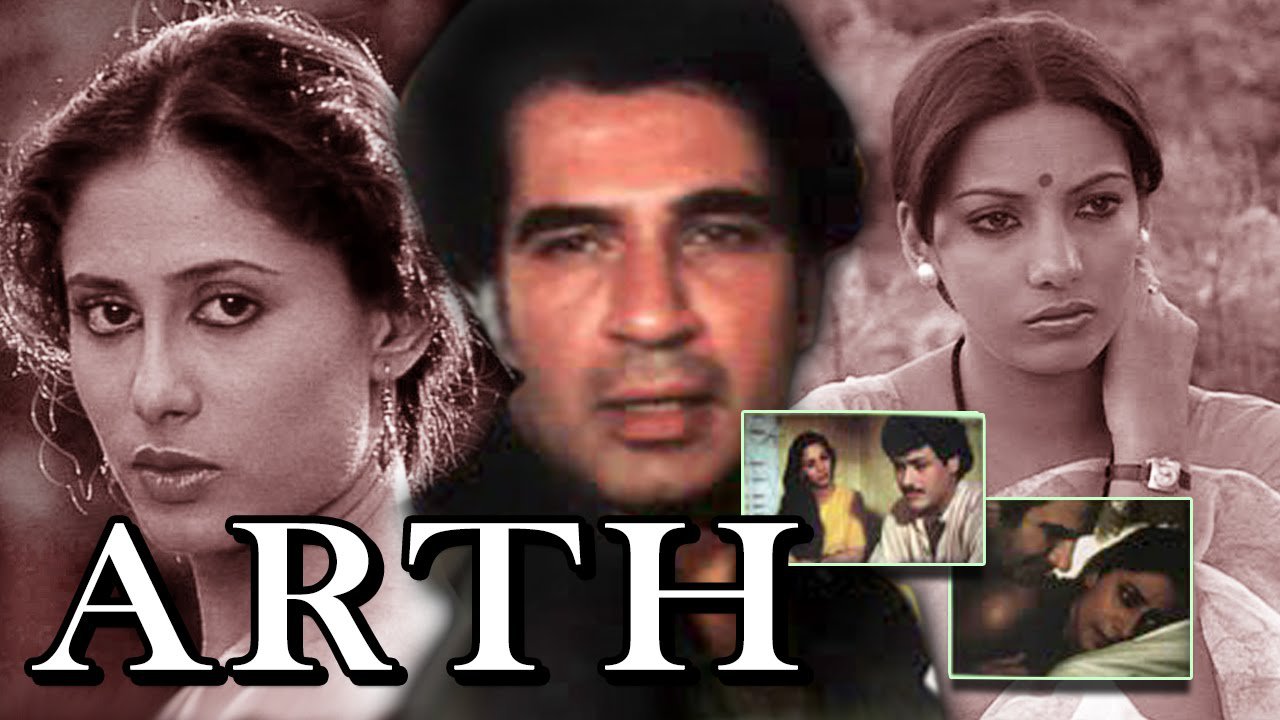
9. Jaane Bhi Do Yaaro (1983)
Undoubtedly one of the finest satires to have come out of Bollywood, Jaane Bhi Do Yaaro took on bureaucratic corruption, Indian politics, and the commercialization of news. This black comedy employed none of the vulgarity that has become synonymous with comedy movies today, and yet, left the audience reeling with laughter, and pondering over the way society functions.
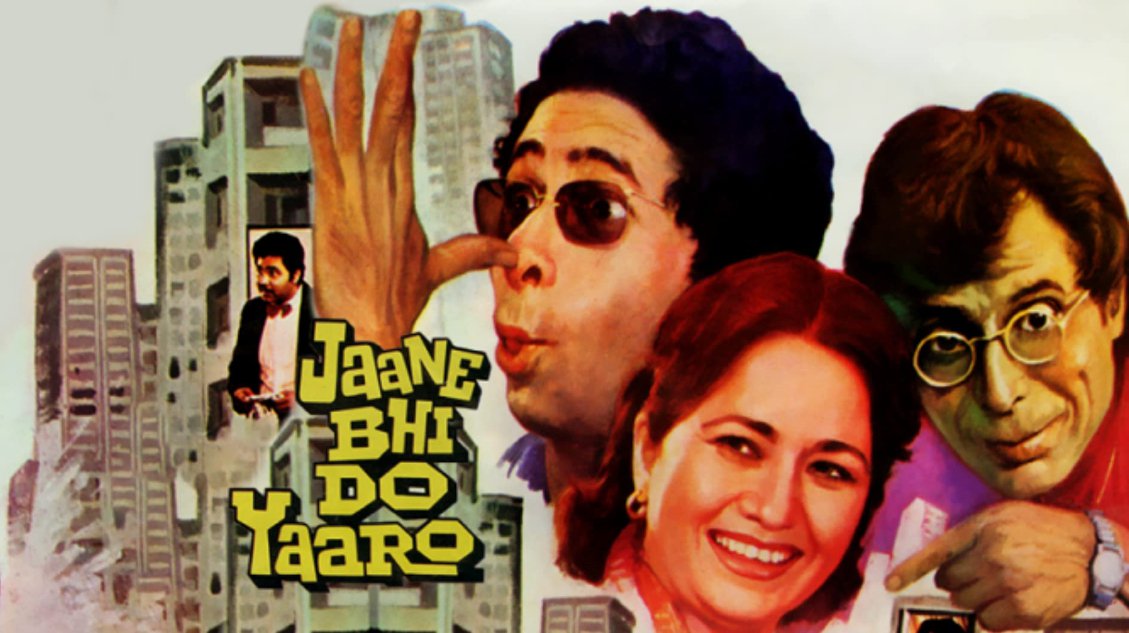
10. Ek Doctor Ki Maut (1990)
Based on the story Abhimanyu by Ramapada Chowdhury, Ek Doctor Ki Maut starred Pankaj Kapur and Shabana Azmi. As the name suggests, the film talked about a doctor who is ostracized and insulted for his research, due to the widespread red-tapism and bureaucracy. It’s disheartening to see how, in 2021, this films’ story remains more relevant than ever.
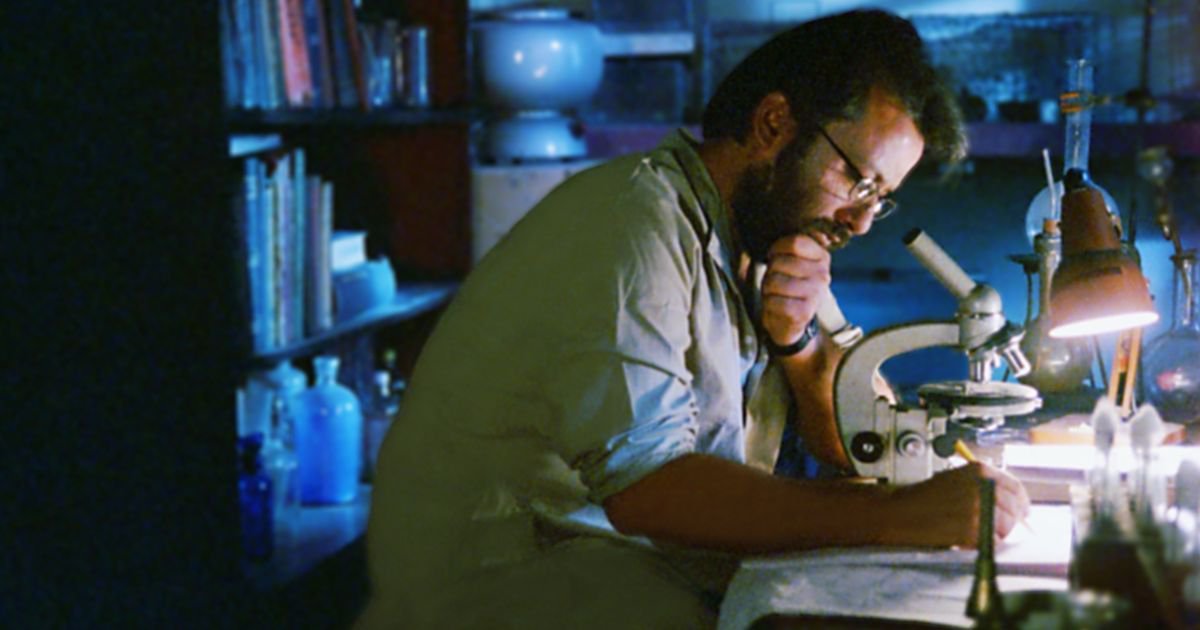
11. Dharmputra (1961)
This was the first (and last) time that Bollywood’s king of romance, the late Yash Chopra, took on a political drama on the idea of Hindu fundamentalism. Based on Acharya Chatursen’s novel of the same name, Dharmputra tells the story of an orphaned Muslim boy raised to be a devout Hindu. His devoutness turns into fanaticism, when as an adult, he fails to love his birth mother because of her religion. The recent resurgence of Hindutva makes this a suitable film for the current times.
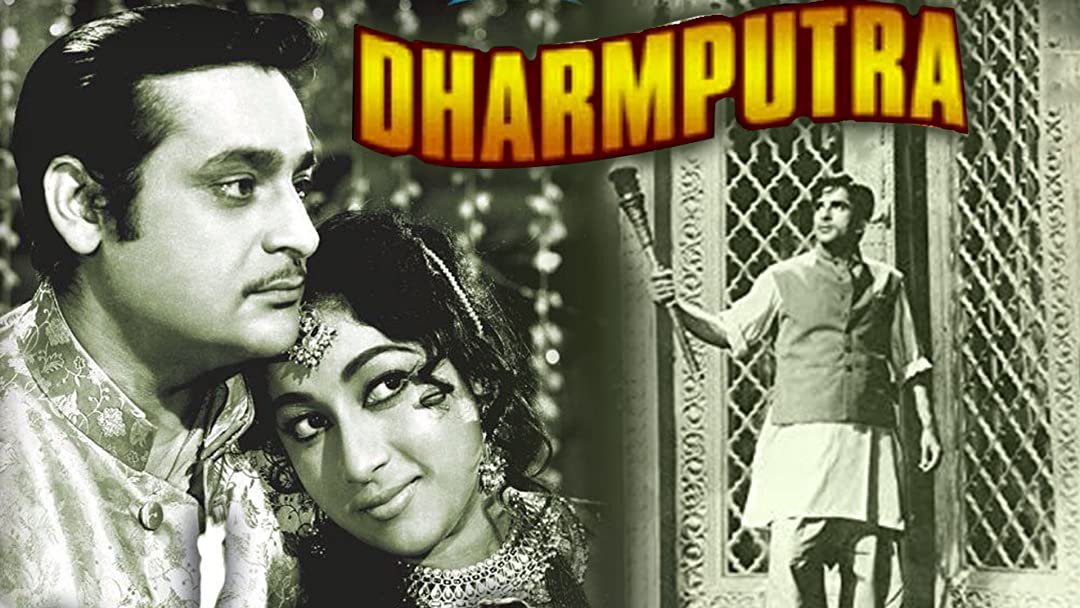
12. Mirch Masala (1987)
When it comes to movies that take on gender violence and exploitation, thrillers are few and far in between. And that’s what makes Ketan Mehta’s psychological thriller far ahead of its time. With powerful performances by the entire cast, Mirch Masala remains a stark reminder of the power women can wield, if they ever resort to exacting vengeance on the perpetrators of patriarchy.
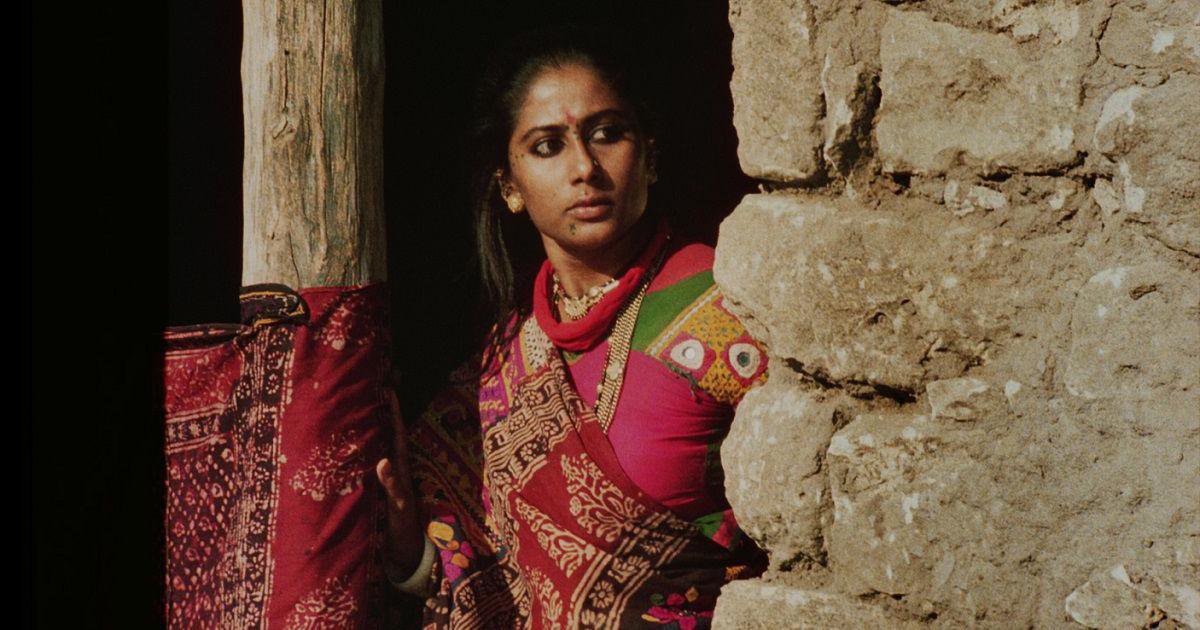
13. Masoom (1983)
Shekhar Kapoor’s directorial debut did not just give us an memorable soundtrack, but also showcased how infidelity impacts an entire family, and not just your partner. Adapted from Erich Segal’s novel Man, Woman and Child, Masoom expertly portrayed the conflicting emotions that afflict a woman caught between indignation at her husband’s infidelity and unwitting affection for an innocent child.
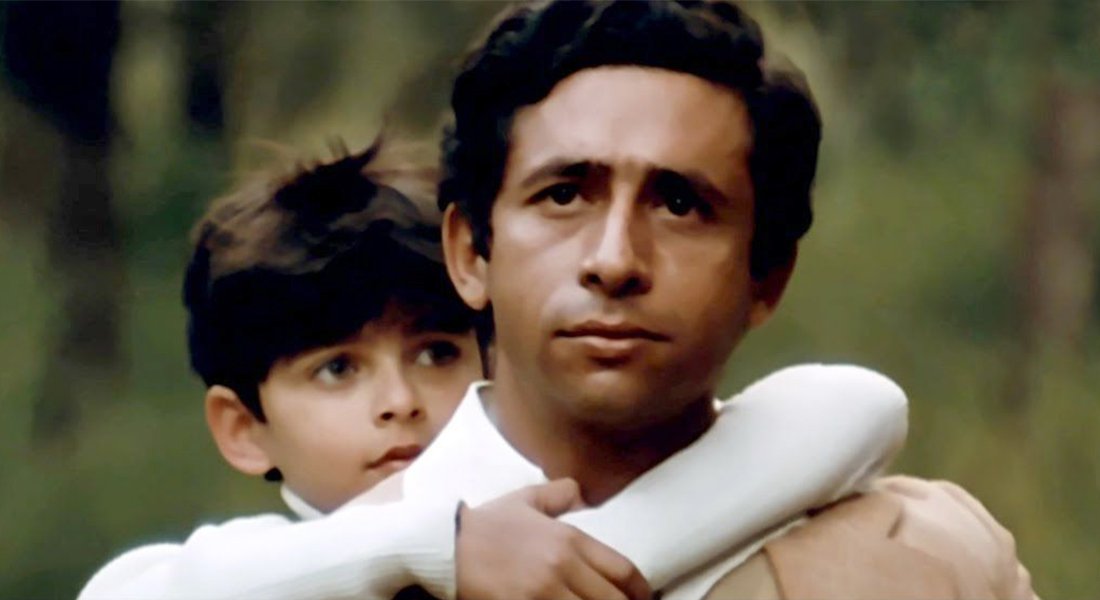
14. Julie (1975)
Long before Kya Kehna, it was Julie (a remake of the Malayalam film Chattakari) that took on the issue of pregnancy out of wedlock. While the film may be remembered for the track My Heart is Beating, it actually called out the biases regarding religion and caste the still afflict our society.
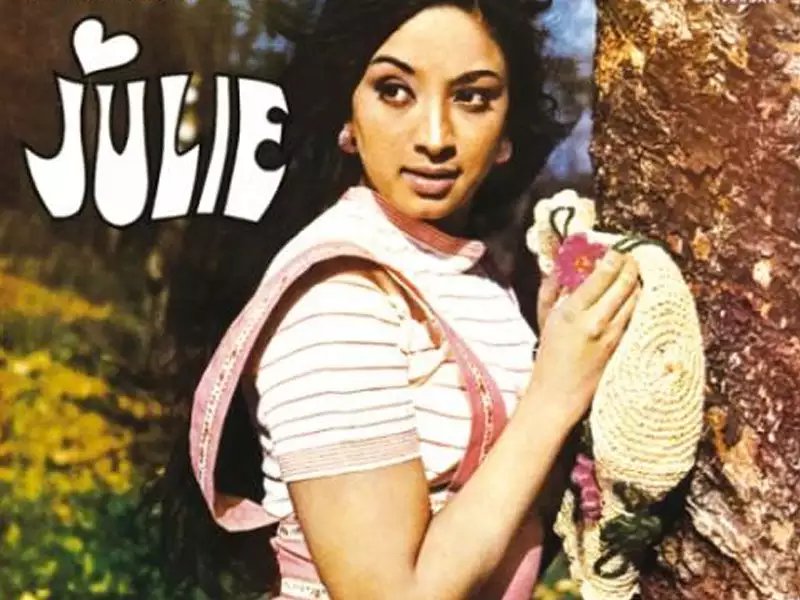
At the time of their release, most, if not all of these films were regarded as being ahead of their time. It sure is a pity that decades after their release, they still seem to be ahead of time!





